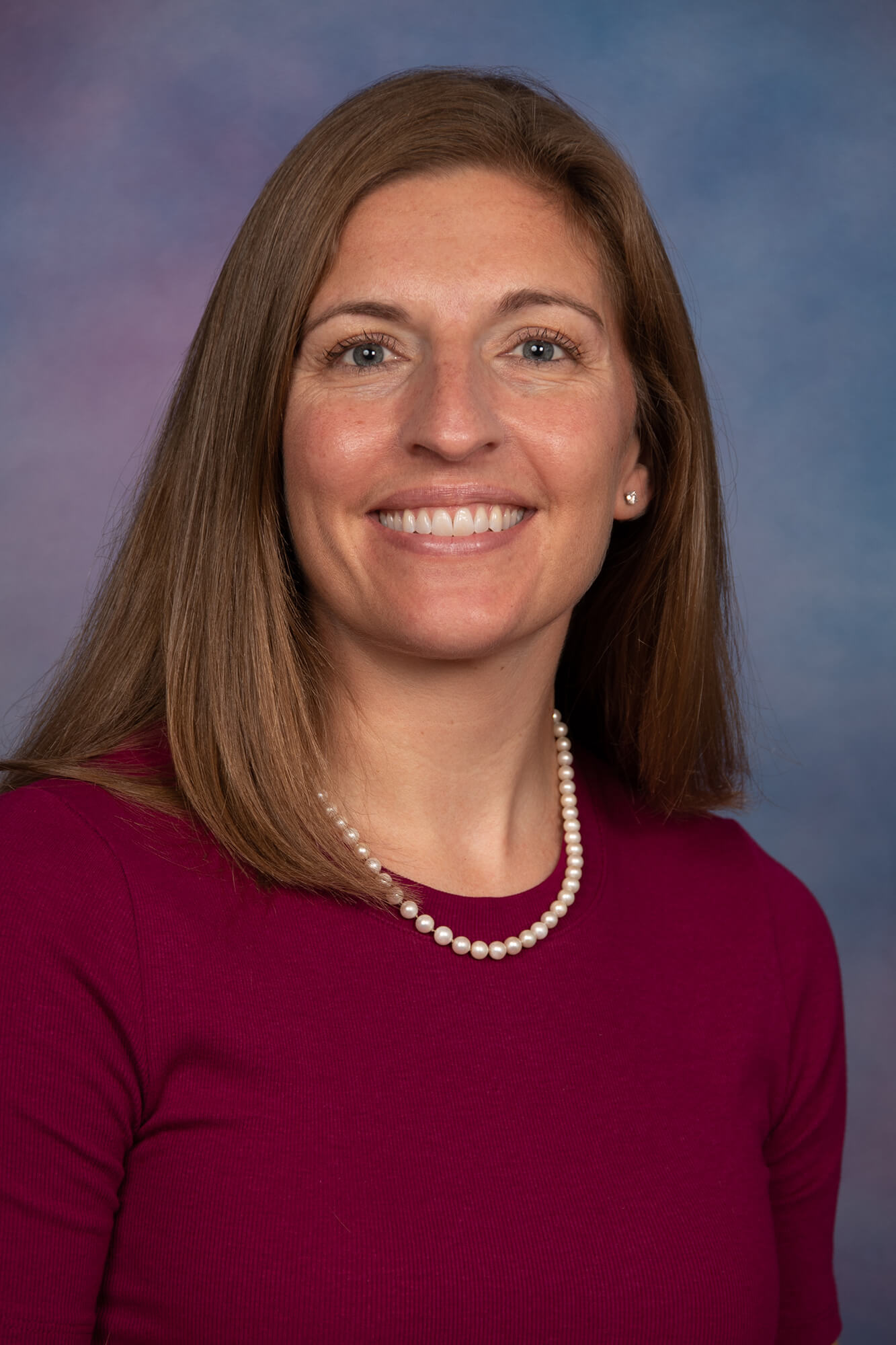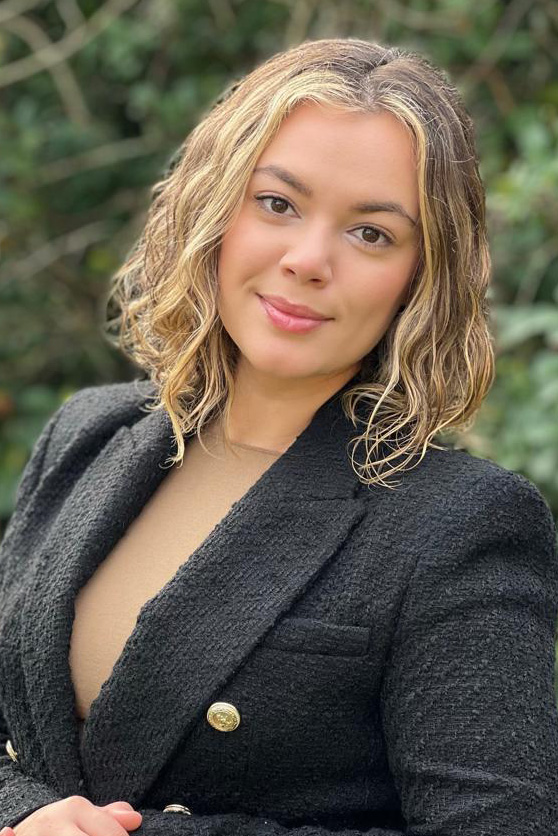A financial toxicity study conducted by a team of Wayne State University School of Medicine and Barbara Ann Karmanos Cancer Institute researchers has been awarded supplemental funding by the American Cancer Society.
With the additional grant, Lauren Hamel, Ph.D., associate professor of Oncology and co-program leader of the Population Studies and Disparities Research Program at Karmanos, and Diliara Bagautdinova, Ph.D., a Wayne State University School of Medicine postdoctoral fellow, will expand on research titled, “DISCO: A Patient Intervention to Reduce the Financial Burden of Cancer.” The additional funding is added to the Research Scholar Grant that was awarded in 2020 for the research.

“Our primary study is based on the premise that high-quality, patient-provider treatment cost discussions can buffer financial toxicity by providing an opportunity for patients to discuss cost concerns, promote informed treatment decision-making and help connect patients to critical supports,” Dr. Hamel said.

The DISCO app was created from this research. The tool is a patient education and communication intervention designed to educate cancer patients on treatment costs and prompt high-quality treatment cost discussions with oncologists. The original health equity proposal recognized that Black patients and younger patients are at a higher risk for financial toxicity compared to White patients and older patients. Now, Drs. Hamel and Bagautdinova and their research team are focusing on the financial toxicities faced by adolescents and young adults ages 15 to 39.
“This study is innovative because we will be among the first teams to assess what cost issues are discussed between oncology providers and an under-studied and vulnerable patient group,” Dr. Bagautdinova explained. “Previous research shows us that due to their stage of life, adolescents and young adults with cancer are one of the patient population’s most vulnerable to experiencing financial toxicity. Research also tells us that the burden of financial toxicity is further exacerbated for Black adolescents and young adult cancer patients compared to White cancer patients of the same age range.”
Investigators have two aims. First, they will randomly recruit an even number of Black and White patients between the ages of 18 and 39. These patients will see an oncologist at one of five Karmanos locations for cancer treatment. Additionally, they will agree to have their clinic visits with their oncologist video recorded, and will provide self-reported data for up to a year after the video-recorded appointment.
“From there, we’ll analyze the transcripts from these videos to understand the cost-related issues discussed with their oncologist, who initiated those topics, and if and how those cost-related questions and issues were resolved,” Dr. Hamel said.
Drs. Hamel and Bagautdinova and their team hope this research will inform future high-quality and well-timed discussions between younger Black and White cancer patients and their oncologists, which, in turn, should lead to reduced financial toxicity and an improvement in other patients. Additional WSU and Karmanos investigators for this study include Susan Eggly, Ph.D.; Elisabeth Heath, M.D., FACP; and Seongho Kim, Ph.D.